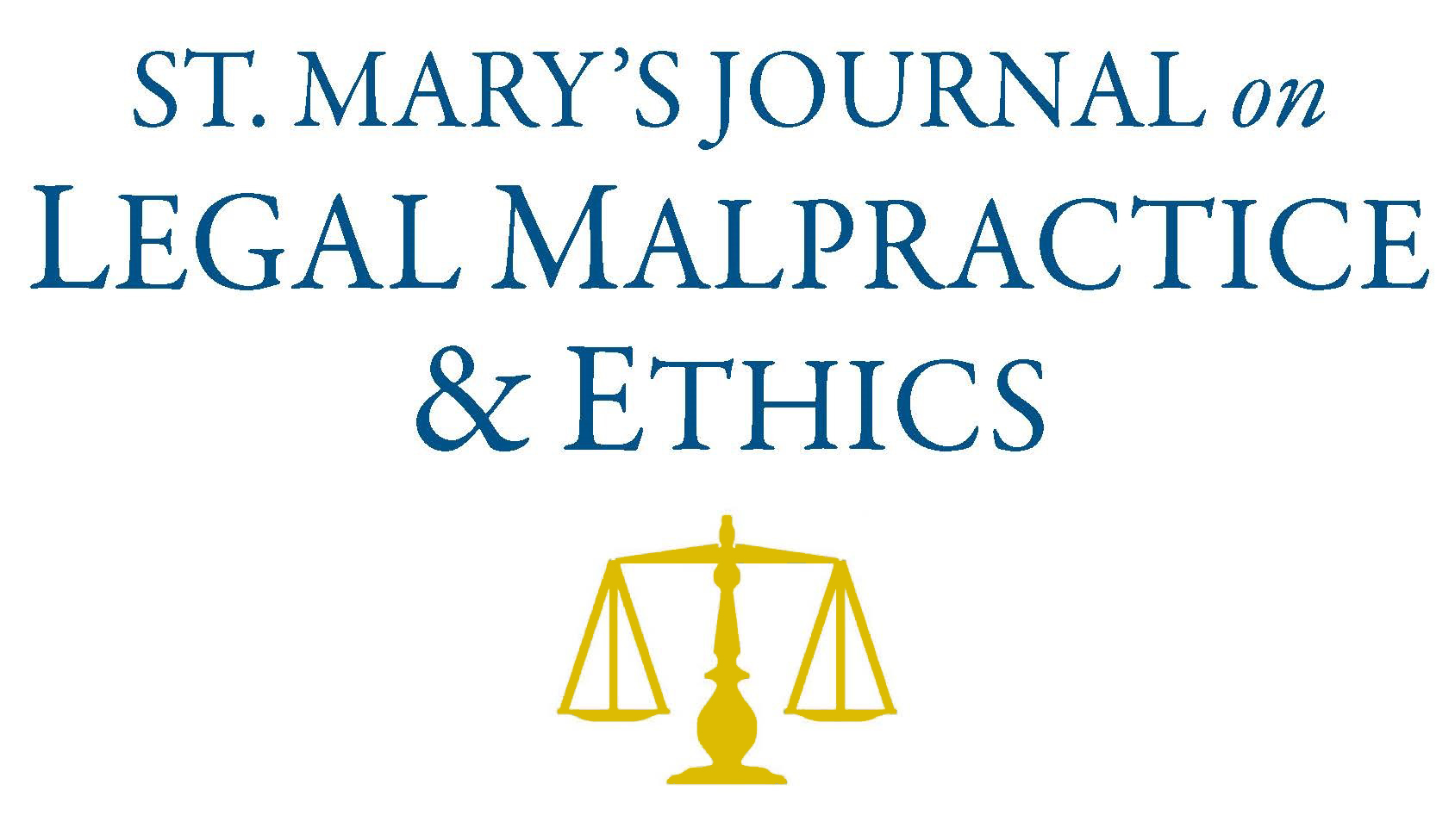
First Page
408
Date Created
1-1-2014
Publisher
St. Mary's University School of Law
Editor
Elizabeth Germano
Last Page
439
Abstract
The collectibility requirement as part of the legal malpractice plaintiff’s affirmative case is well-established and regarded by most courts as a critical part of the plaintiff’s proof of proximate causation. Conversely, where the legal malpractice plaintiff was the defendant in the underlying lawsuit, to be successful in the malpractice suit, the plaintiff must prove that it had a meritorious defense that would have made a difference to the outcome of the case had the lawyer properly asserted and pursued the defense. Prompted by the conflicting opinions of two federal courts on this issue, courts have begun to discuss whether the judgment debtor turned legal malpractice plaintiff should also have to prove the ability to pay all or part of the judgment entered against it to recover the amount of the judgment as damages in a legal malpractice action. This Article joins that conversation and discusses the competing views on adopting a payability requirement for legal malpractice claims.
Recommended Citation
Daniel D. Tostrud,
“Payability” as the Logical Corollary to “Collectibility” in Legal Malpractice,
4
St. Mary's J. on Legal Malpractice & Ethics
408
(2014).
Available at:
https://commons.stmarytx.edu/lmej/vol4/iss1/10
Included in
Law and Society Commons, Legal Ethics and Professional Responsibility Commons, State and Local Government Law Commons

